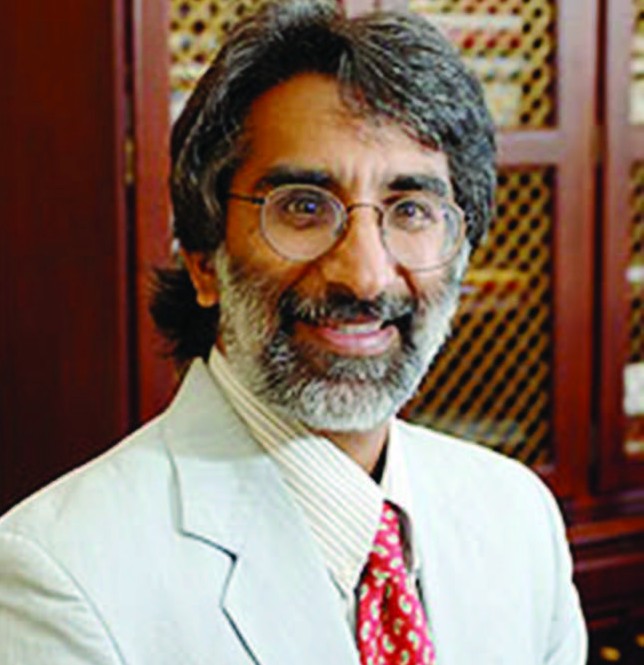
WASHINGTON (TIP): President Barack Obama will use an Asian tour beginning next week to bolster US alliances in the region at a time of increased geopolitical tension. Obama is scheduled to visit Japan, South Korea, Malaysia and the Philippines, and will be under duress to address maritime territorial disputes between US allies and China. Aides said on Friday that the president would restate staunch US support for its friends, underline its role as a Pacific power, and seek to reassure the region that his Asia “rebalancing” strategy is not running out of steam.
Obama will also attempt to make progress in dragged out negotiations over the Trans Pacific Partnership (TPP) trade deal, and reassure potential partners that he could get it endorsed by a reluctant Congress. Obama is set to travel to Asia on Tuesday, but will certainly remain preoccupied by simmering foreign policy crises elsewhere, especially in Ukraine and in the Middle East. “The president’s trip to Asia is an important opportunity to underscore our continued focus on the Asia-Pacific region,” said Obama’s national security advisor Susan Rice. “At a time of ongoing regional tensions, particularly with regard to North Korea and territorial disputes, the trip offers a chance for the United States to affirm our commitment to a rules-based order in the region.
“There’s a significant demand for US leadership in that region, and our strategy of rebalancing to Asia includes economic, political, security and cultural interests in Northeast and Southeast Asia,” she said. Obama would emphasize that Washington wants maritime disputes in the South and East China seas settled peacefully, in accordance with the rule of law, Rice said. Washington does not take a position on the various territorial claims of regional powers, but has in the past angered China by suggesting that these claims should be solved through a multi-lateral process. China, taking advantage of its size and influence, prefers to discuss the maritime rows in a bilateral fashion with individual nations. Obama’s trip will be his first to the region since Beijing declared an Air Defense Zone in the South China Sea last year, which Washington branded as illegitimate.
The president begins his fifth official trip to Asia when he lands in Japan for a state visit on Wednesday, and has a private dinner with Prime Minister Shinzo Abe. The next day, after an official arrival ceremony at the Imperial Palace and then formal talks, he will hold a press conference with Abe. After several engagements during the day, including a meeting with business leaders, Obama will attend a state dinner hosted by Emperor Akihito. Senior US officials said Friday, speaking on condition of anonymity, that both Japanese and US trade officials were working to narrow gaps on market access in the auto and agricultural sectors that have slowed wider TPP talks. They declined to put a timetable on the talks, but the rest of the region will be looking to Obama and Abe to at least demonstrate concrete progress in the discussions in Tokyo.
In Seoul, Obama will hold talks with South Korean President Park Geun-Hye that focus on North Korea’s belligerence. The US president will also attempt to ease tensions between Seoul and Tokyo. Ben Rhodes, a deputy US national security advisor, said Obama will also address the US-South Korean Combined Forces Command and be briefed on efforts to meet North Korean “provocations.” Obama will then travel to Malaysia, where he will become the first US president to visit since Lyndon Johnson stopped by in 1966 as part of an Asian tour designed to check the spread of communism. Obama begins his Malaysia program with a state dinner on April 26. The next day he will hold talks with Prime Minister Najib Razak and visits the National Mosque in Kuala Lumpur. In one of the keynote moments of the trip, he will host a town hall style meeting with young leaders across Southeast Asia at Malaya University.




Be the first to comment